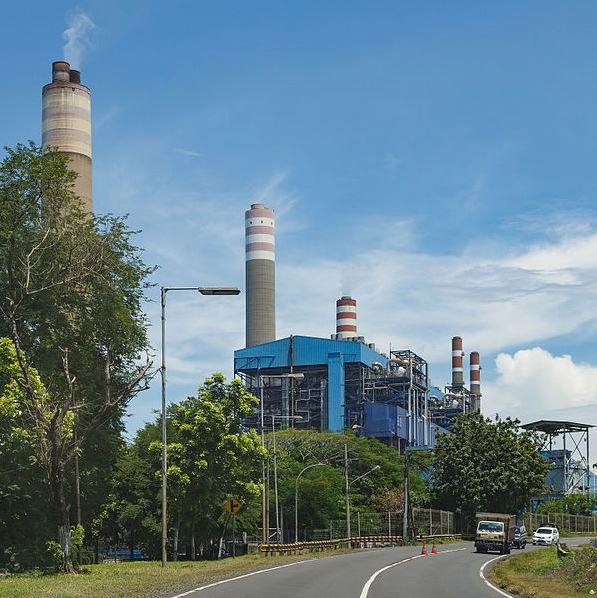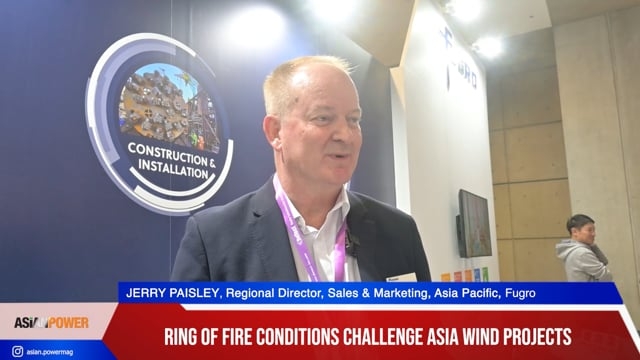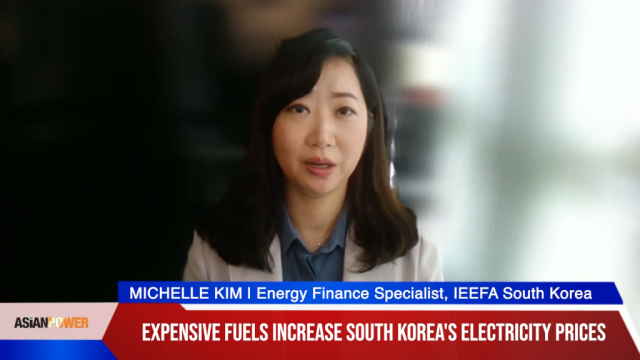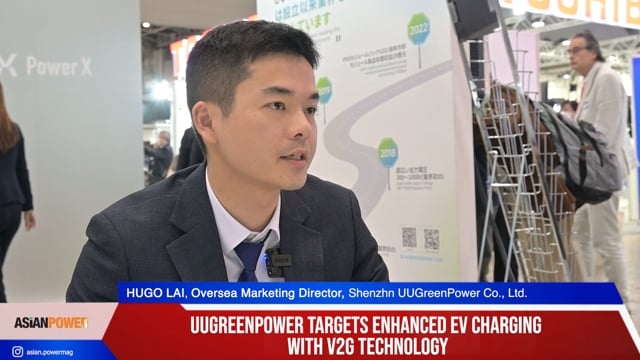
Is Indonesia ready to finally go big on nuclear energy?
Indonesia is rapidly approaching nuclear maturity.
Results can take some time to achieve in mercurial Indonesia, and there are few better examples than in the developing nation’s nuclear industry. Gaining serious traction in the 1980s, Indonesia remains bereft of an operational, commercial nuclear power plant. The feeling amongst experts is however, that the nation’s energy sector may not need to wait much longer before NPPs are rolled out. Challenges remain, of course, the stakeholder matrix, which includes a complex set of relationships between local and central government authorities, local and international investors and international agencies such as the IEAE, is difficult to navigate. But where there’s a will, there’s a way.
“Indonesia has been preparing the infrastructure for nuclear power plants since the 1980s,” says Yarianto S Budi Susilo, the director of the Center for Nuclear Energy Systems (PKSEN) at BATAN, the national research and development agency which guides and recommends stakeholders (government, private sector and public) on how to best provide reliable nuclear technology. Yarianto is tasked with nuclear power plant energy planning and plant infrastructure preparation in Indonesia. “In terms of human resources, I believe the nation is ready. We have been safely running three research reactors for more than 40 years and have the necessary technical experience in reactor operation and its supporting facilities such as fuel fabrication, spent fuel handling and radioactive material management.” Yarianto adds that comprehensive feasibility studies were conducted during the period 1991 to 1996 for the Muria NPP site and 2011 to 2013 for the Bangka Island NPP site.
Experts agree that with relatively limited fossil energy resources, an enormous and growing population, the development of the nuclear energy sector will secure and ensure energy sustainability and economic development (of course improving the quality of human life), it will require alternative energy to replace a part of fossil energy role. In terms of the environment, alternative energy is expected to reduce the environmental impact (green house effect, pollutant) due to the use of fossil energy on a large scale.
Yarianto’s Chairman, Dr Djarot S. Wisnubroto, agrees. Speaking exclusively with NFA, Indonesia’s nuclear industry elder statement states that the fundamental challenges confronting the Republic are the twin pressures of population and economic growth, 1.2 and 5% respectively. “At the same time decreasing of fossil fuel sources, and environmental aspects, specifically reducing the carbon emissions are leaving us with only choice: to reduce the dependency on the fossil fuel (oil, coal, and gas) sector, in favour of new (including nuclear) and renewable energy options.”
Political challenges
While both men unequivocally agree that by most measures Indonesia is ready, the IEAE concurs with a few exceptions, and the Indonesian public agree (over the past six years, BATAN has conducted public surveys, and in 2014 and 2015 the survey results showed that more than 70% of the public supported the use of nuclear energy) the political and bureaucratic machine must move in the right direction before the nuclear machine can. “The challenge for Indonesia remains garnering a positive political decision from the President to declare to ‘go nuclear’. Unfortunately, we still have to wait for that declaration. So without that decision, it is difficult for us to move forward, but this may be the final piece, the government has made significant investments, we have candidate sites for the location of nuclear power plants, we have competent human resources, a choice of financial schemes, and huge support from the public.”
Apart from achieving political assent, experts suggest that Indonesia must first establish an NEPIO (Nuclear Energy Program Implementation Organisation), a national team that can make policies decision concerning the ownership system of nuclear power plants, the share, if any, the Indonesian Government will enjoy, the financial schemes, etc. According to Dr Djarot, the establishment of an NEPIO is the penultimate step before the elusive decree of Presidential ‘go nuclear’ status.
Experienced vendor buy-in
Presidential assent, research preparation, HR development, and even public opinion aside, securing the experience and know-how of first class vendors is vital. But what does a great vendor and a great partner look like. In Yarianto’s opinion vendors with extremely good safety records are vital, “Good vendors will make safety, safeguards and security a top priority taking into account Indonesia’s geography and paying attention to potential general and specific external hazards, population, and the like. The design provided by vendor should address these conditions to ensure the safe operation of nuclear power plants.”
Taking these considerations into account Russian State Nuclear Agency, Indonesia has been looking at strategic High Temperature Gas-Cooled Reactors (HTGR). Although, still in the experimental stage, embarking on a HTGR development programme, developed by Russian state nuclear agency, Rosatom, is “the right choice for future development of commercial nuclear power plants, suiting Indonesia’s unique geographic as a large archipelago nation,” adds Yarianto.
The new project, 10 MW HTGR, is one strategy to introduce operational and commercial nuclear energy to Indonesia. One of the goals of this project is to deploy Generation 4 nuclear technology with a view to primarily providing electricity but also for other purposes (heat application for desalination and coal liquefication, amongst others). East Indonesia, is slated for Generation 4 technology.
For Dr Djarot, vendor communication is the key. “In Indonesia, as a developing country, our first consideration is to ensure that our vendors have great channels of communication with our government, and can work together with the Indonesian private sector, every step-by-step of the journey, and enjoy great knowledge transfer.”
The road ahead
While there is no doubt that nuclear energy is the future for Indonesian energy sustainability, the nation needs all stakeholders, bodies, agencies and policy-makers to align. This is perhaps the greatest challenge: harnessing political will and ensuring that an indisputable case is placed before investors at the right time. All elements of the national nuclear framework must be in place before the first sod of earth is turned for the first commercial plant. Once political will is secured the top echelon of power commits, the nuclear industry can expect local and foreign investors and expertise to quickly join the party. Consequently the domestic nuclear energy industry will develop relatively rapidly due to a relatively long and historic, if sometimes stagnant, consideration period. Indonesia is destined to lead the next generation of nuclear energy nations… once those elusive stars align.
With reports from Simon Hyett























 Advertise
Advertise







